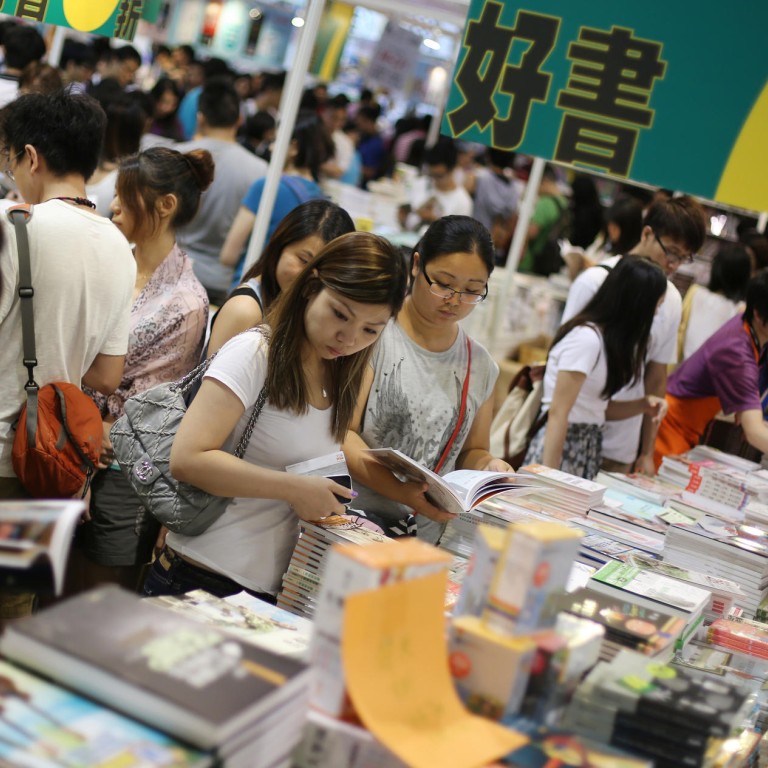
Seeing is believing: encouraging your kids to read won't work if you don't
Some parents think reading is for the elite or that their own tastes in reading lack sophistication, but children who see parents enjoying reading are likelier to develop good reading habits
It is well known that while our children don't necessarily do as we say, they certainly do as we do. Parents who log a dozen hours per day on email, group chat and social media should be more sympathetic when their own children's play time is consumed with gaming devices and smartphones. Parents who want their children to be good readers need to be good reading role models.
Jordan Shapiro, author of guides to game-based learning, believes in books as much as video games. He disputes the notion that electronic devices are the reason that children don't read books. "How and what our children read says a lot more about adult attitudes towards books than it does about the kids'."
When I work with underserved families in Hong Kong, many parents say they are not readers, but they want to instil a love of reading in their children. In their view, if their children read a lot, they will gain a lot of knowledge and get good grades in school. They want their children to become educated and attain a higher socioeconomic class than their own.
In the same way, parents who don't eat vegetables use reasoning and incentives to get their children to eat vegetables. Some may succeed in the short term, but such children are unlikely to grow up to become vegetable lovers.
Some of these parents are not readers because they assume that reading belongs to the realm of the educated elite. Or they worry that their tastes are not sophisticated enough to constitute good reading.
Once they overcome their insecurities about reading, these parents can learn to develop their own reading habits to benefit themselves as well as their children.
The key is to set aside time to read. Children who see parents reading and find joy in it are likelier to develop good reading habits.
Tony Little, the head of Eton College in Britain, says parents should get involved in their children's reading journeys even after they become teenagers. Parent-child reading is a bonding activity that can, and should, continue well into the teen years. In his book , Little calls the reading habit "a muscle that needs to be exercised daily".
"I can't just outsource the raising of my children to specialists - and then complain that those teachers are failing. It is obvious to me that parents also need to be involved," Shapiro says. "They need to make sure their children read books. Of course, it is easier to frame the story as paper vs digital. It gives us permission not to engage with our kids. We blame the video games and apps rather than blaming ourselves. Parents need to take responsibility for raising thoughtful, empathic, open-minded adults. Books are a crucial part of the equation. Even if we eliminated digital technology from our lives, our kids still won't read books unless we tell them in no uncertain terms that they're an important part of being an adult."
Annie Ho is board chairwoman of Bring Me a Book Hong Kong bringmeabook.org.hk a non-profit organisation advocating for family literacy

